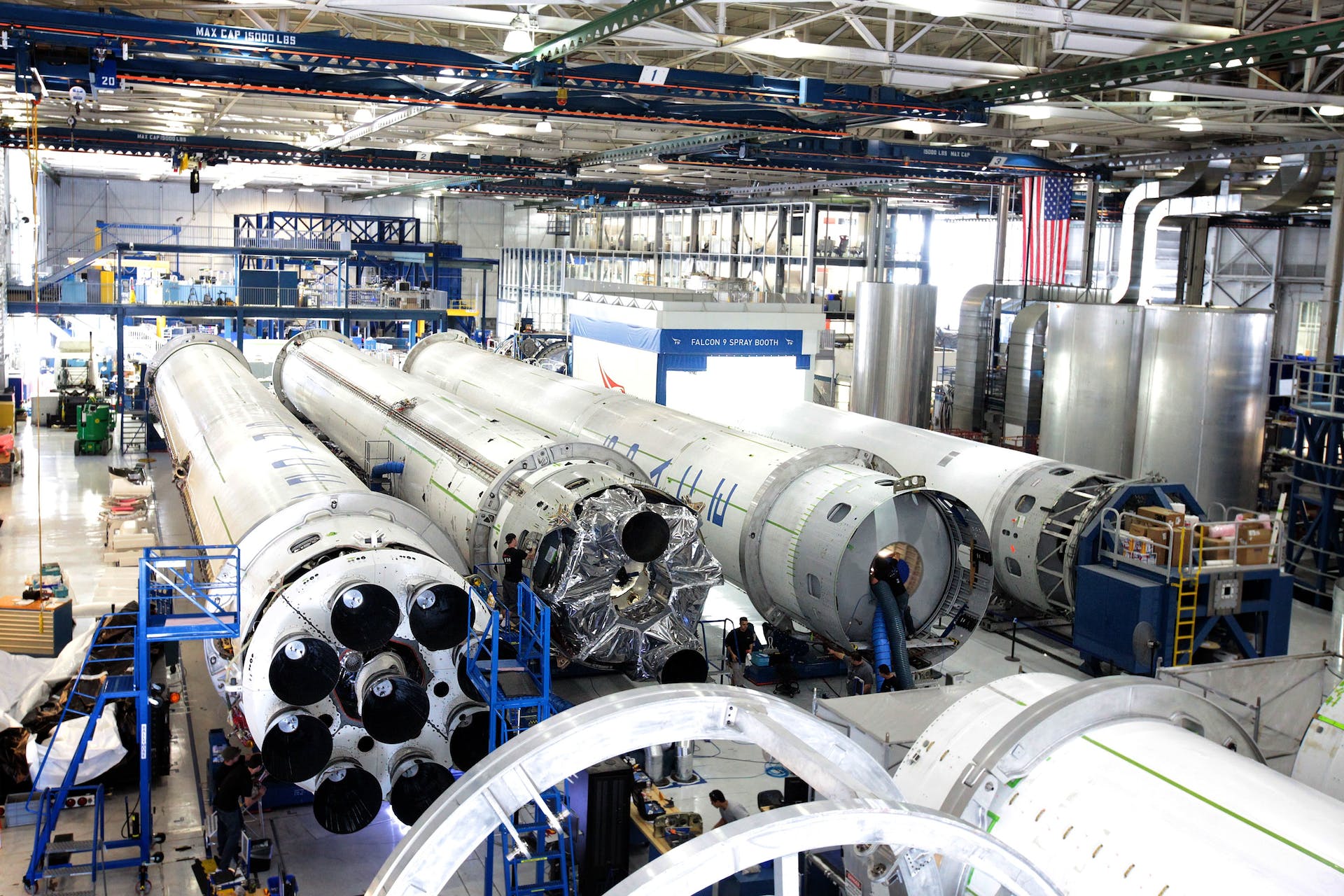Quality assurance is a vital element in the fuel cell industry. It has influence on several components of this industry from market acceptance to safety. Learning more about three of the primary ways that quality assurance affects the industry will help you see why it is so important.
1- Regulatory Compliance and Safety Standards
A major part of quality assurance is making sure that fuel cells meet all of the necessary regulatory requirements and safety standards. This ensures that all of them stand up to the right performance criteria and that they are safe.
During the manufacturing and development stages, quality assurance makes it possible to find and tackle any possible safety risks, especially early in the process. This helps to ensure risk mitigation by decreasing the possibility of safety-related problems.
To meet performance and safety standards, fuel cells have to go through different certification processes. By ensuring product production that at least meets regulatory requirements consistently, the certification processes are streamlined allowing for a simpler and more efficient operation.
2- Reliability and Performance
Consistent power output is a positive side effect of quality assurance in this industry. This is because the processes help to ensure that the fuel cell systems that your company produces are up to specified performance standards. Such standards ensure that the fuel cells have predictable and stable power output. This is essential for transportation, stationary power generation, and a wealth of other applications.
Fuel cell efficiency is also partially dependent on quality assurance. These systems are more efficient when they are free from defects and their components have the right design specifications. In various applications, this is crucial for minimizing waste and enhancing energy conversion.
The longevity of these systems is largely due to rigorous quality assurance measures. The risk of premature failures is decreased by finding and correcting manufacturing process problems. This is especially important for fuel cell applications, such as vehicles, backup power systems, and other uses that require long operational lifespans.
3- Competitiveness and Market Acceptance
In the fuel cell industry, utilizing quality assurance helps to give you a competitive edge. This is because it helps to ensure that you are producing a product that is efficient and reliable. When companies see that you are taking the right steps to ensure a quality product, you are more likely to attract collaborations and partnerships.
You will build more trust via the use of quality assurance. This includes trust with your customers, as well as potential investors and other businesses. They will have more confidence in your ability to create a quality product.
There are some initial costs with quality assurance, but over time, it helps to improve the cost-efficiency of your business. This is due to decreasing the risk of warranty claims, defects, and unexpected failures.
Fuel cell industry growth is highly dependent on quality assurance. This is because fuel cell systems are made to high standards of reliability, performance, and safety. Advancements in quality assurance over time help to keep up with the evolution of this industry and will be crucial for expanding the technologies and driving innovation.



